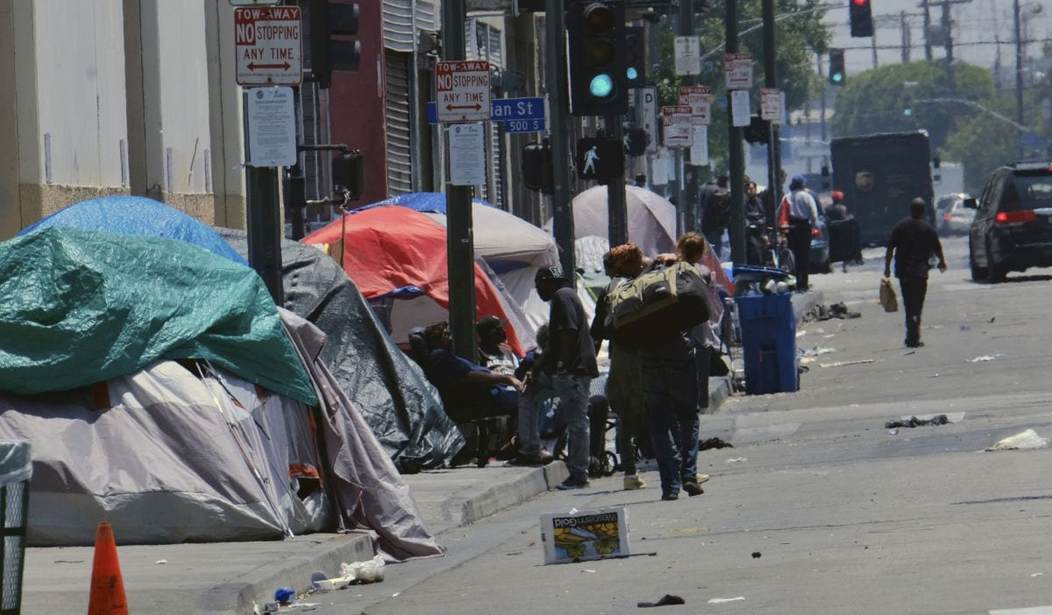The United States may be headed for an unprecedented housing crisis — the result of potentially millions of evictions and foreclosures.
The Wall Street Journal found that only 69 percent of apartment dwellers paid rent in the first part of April. That compares to more than 80 percent who paid rent during that time the previous month. Researchers at the City University of New York found that 44 percent of New Yorkers will have difficulty meeting their rent in April.
Congress and most states have passed temporary bans on evictions and foreclosures for many, but unless something is done, the number of homeless people is going to skyrocket.
The coronavirus-relief bill passed last month by Congress prohibits foreclosure on federally backed mortgage loans for 60 days, covering some 30 million homeowners. The bill also prohibits rental evictions for 120 days for properties secured by a government-backed mortgage. That covers about half of all multifamily homes. Beyond that, however, protections for renters [tend] to be haphazard, varying widely by state. As of this past weekend (policies are changing quickly), only 14 states have barred landlords from formally beginning the process of eviction, according to our data; 36 – plus the District of Columbia – still permit evictions to be filed.
Many of these states are in effect simply delaying hearings, typically for 60 or 90 days or until the state’s emergency declaration lifts. What’s more, only 21 states and D.C. have halted the execution of an eviction order issued before the coronavirus outbreak turned into a major health crisis.
This is a huge problem for landlords, too. It’s one thing to ask landlords to forego eviction proceedings. But how are they going to live if no one pays the rent? Many landlords are small and have a precarious cash flow. With no rent coming in, they can’t live, either.
Given the scope of the problem, even larger landlords are going to be in trouble. Before the virus hit, there were about 600,000 evictions in the U.S. every year. Last month alone, 10 million people filed for unemployment. That spells trouble in the next several months.
And what happens when the economy opens for business again? Evictions and foreclosures may be banned, but the rent and mortgage payments from the months that landlords can’t collect will still be there. Will the government order those payments to be forgiven? How many thousands of landlords will end up losing their property?
Clearly, some kind of broad solution will become necessary. There isn’t enough public housing in the country to shelter people who are evicted, and tens of thousands of empty apartment units would lead to mass bankruptcies among landlords and property managers.
It will be complicated and very expensive. But once again, Congress is going to be forced to act.










Join the conversation as a VIP Member